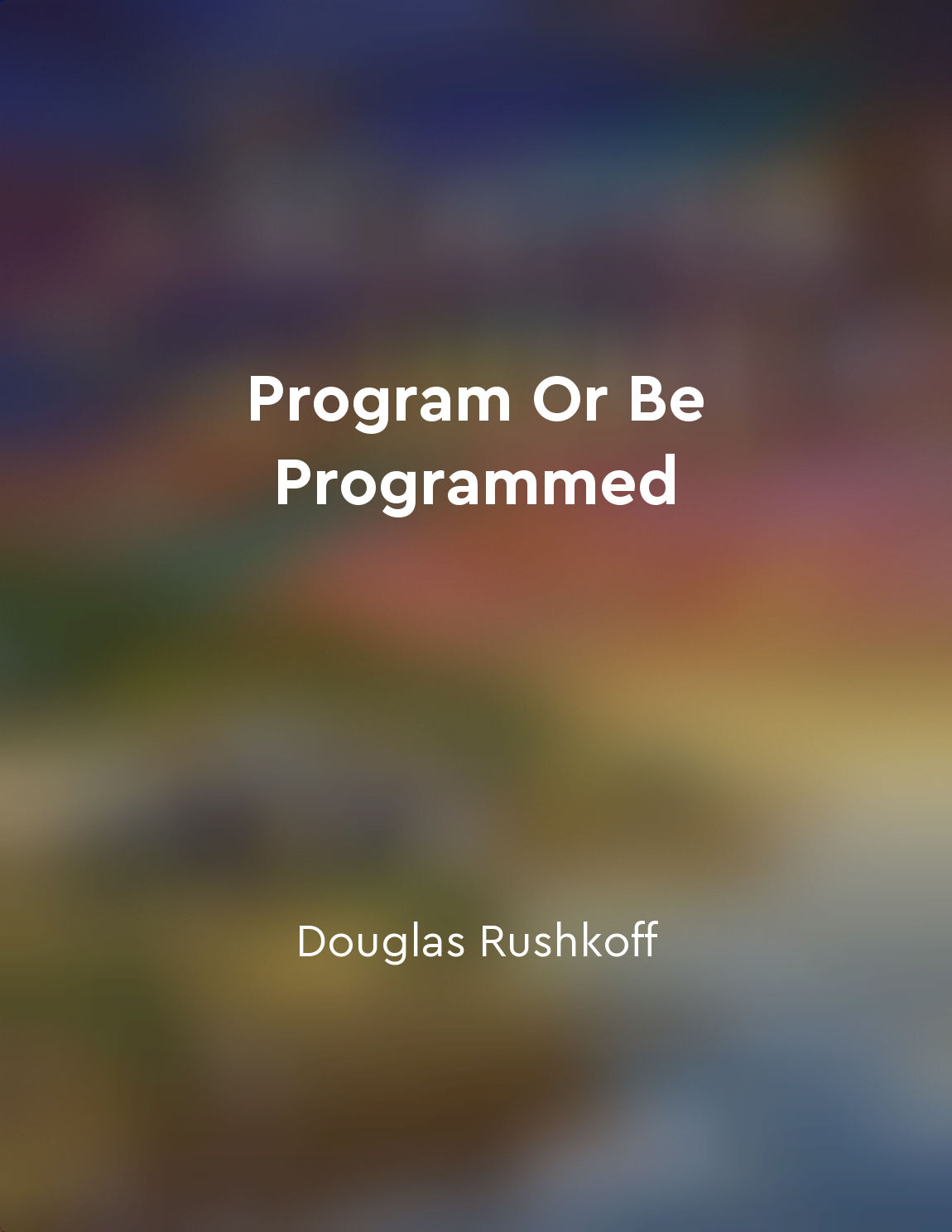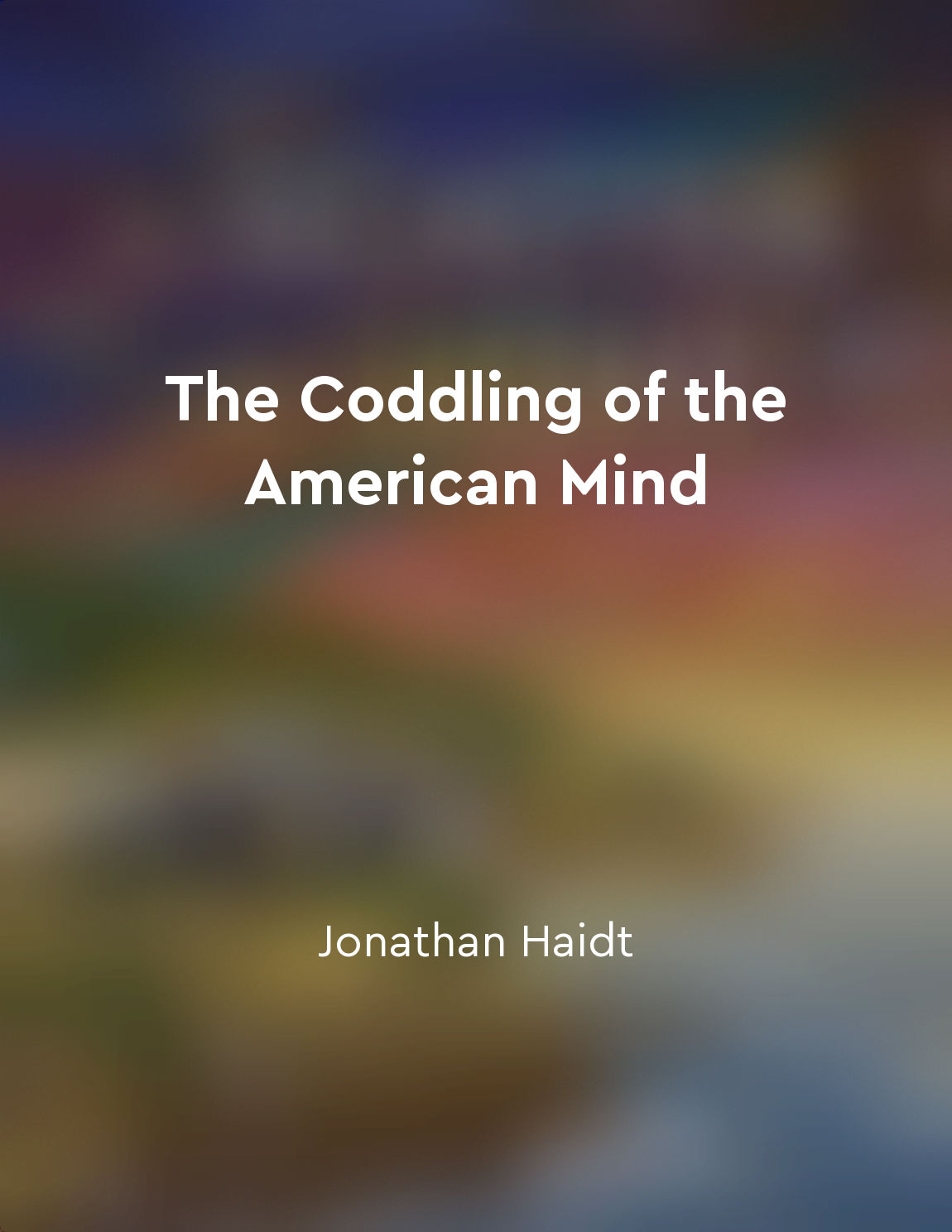Censorship stifles progress from "summary" of The Future of Ideas by Lawrence Lessig
The idea that censorship stifles progress is deeply ingrained in our society. Throughout history, we have seen how the suppression of ideas can hinder innovation and creativity. When information is restricted or controlled, it limits the ability of individuals to explore new concepts and push boundaries. In the digital age, the issue of censorship is more pressing than ever. The internet has provided a platform for free expression and the sharing of ideas on a global scale. However, governments and corporations have increasingly sought to regulate and censor online content. By imposing restrictions on what can be accessed and shared online, we risk stifling the exchange of ideas and hindering the development of new technologies. Innovation thrives in an environment where ideas can flow freely and be openly exchanged. When censorship is imposed, it creates barriers that prevent the free exchange of information. This not only hampers individual creativity but also inhibits collaboration and the sharing of knowledge. In a world where progress is driven by the sharing of ideas and information, censorship poses a significant threat to innovation. In order to foster progress and encourage innovation, we must protect the freedom of expression and resist efforts to censor and control information. By creating an open and inclusive environment where ideas can be freely exchanged, we can ensure that progress continues to flourish in the digital age.Similar Posts
Adaptation to fastpaced change
The ability to adapt to fast-paced change is crucial in the modern world. In today's rapidly evolving technological landscape, ...

Digital technologies shape our individual and collective identities
Digital technologies are not neutral. They are not simply tools that we use to carry out tasks and communicate with others. Rat...
Justice requires accountability for actions
Justice demands that individuals take responsibility for their actions. It is essential for maintaining order and harmony withi...
Redefinition of property rights
The idea of redefining property rights is a crucial concept for individuals seeking to navigate the turbulent waters of the new...

Competition drives innovation
Competition is a driving force behind innovation in a capitalist society. When individuals and businesses are competing against...
Intellectual courage is needed to challenge virtue dogma
Intellectual courage is indispensable when it comes to confronting the prevailing dogma of virtue. In our society today, there ...

Free speech is essential for a healthy society
The ability to freely express our thoughts and opinions is a cornerstone of a healthy society. When individuals are able to ope...
